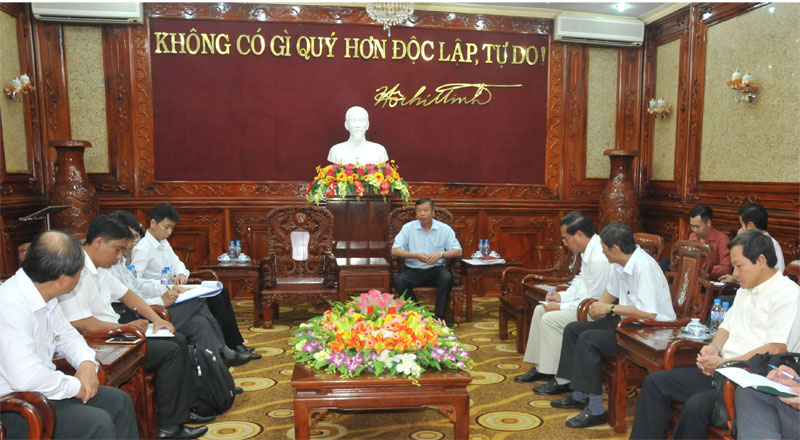Indian module manufacturer and project developer Tata Solar is planning the construction of a 100 MW solar park in Binh Phuoc, southern Vietnam. According to a press release from the regional government, several local agencies are now working closely with the company to examine the 200 hectares of land selected for the project.
The Government added that Tata Solar is one of three companies, including local industrial conglomerate Alphanam Group and power utility Electricity Vietnam (EVN), which are planning large-scale PV facilities in the area. The government also said that the approval process for all these projects has already started.
Local portal Le Courrier du Vietnam reveals that two more projects with a combined capacity of 480 MW are currently being planned in the district of Lôc Ninh.
Several giant PV projects have been announced in Vietnam over the past month. In late March, the Government of Yen Bai province confirmed that Vietnam’s Ministry of Industry and Trade has given the green light for a 500 MW solar power project, with South Korean renewable energy developer Solkiss already on board.
If it reaches construction, the project will be developed on the Thac Ba Lake, an artificial lake created in the 1960s. Solkiss was instrumental in building South Korea’s first floating solar plant in 2015, and would bring this experience and expertise to any such project.
Earlier in March it was reported that Vietnam’s Dak Lak province had granted a series of development licenses and MoUs for a raft of large scale solar projects in the region, with several GW of capacity on the table.
According to EU Energy Initiative Partnership Dialogue Facility (EUEI PDF), Vietnam had approximately 7 MW of installed PV capacity at the end of 2015. Under the revised Vietnam National Power Development Plan, which was issued in March 2016, Vietnam aims at installing 850 MW of solar by 2020, 4 GW by 2025 and 12 GW by 2030, based on both centralized and distributed systems.
The EU organization stressed that, however, existing regulations in Vietnam still need to be adapted in order to support solar power sector development and achieve the expected targets.
The Vietnamese Government intends to support distributed solar through a net-metering scheme, and large-scale solar projects through a FIT mechanism. The EUEI PDF is supporting the local Ministry of Industry and Trade in designing the first net metering scheme.
This content is protected by copyright and may not be reused. If you want to cooperate with us and would like to reuse some of our content, please contact: editors@pv-magazine.com.




By submitting this form you agree to pv magazine using your data for the purposes of publishing your comment.
Your personal data will only be disclosed or otherwise transmitted to third parties for the purposes of spam filtering or if this is necessary for technical maintenance of the website. Any other transfer to third parties will not take place unless this is justified on the basis of applicable data protection regulations or if pv magazine is legally obliged to do so.
You may revoke this consent at any time with effect for the future, in which case your personal data will be deleted immediately. Otherwise, your data will be deleted if pv magazine has processed your request or the purpose of data storage is fulfilled.
Further information on data privacy can be found in our Data Protection Policy.